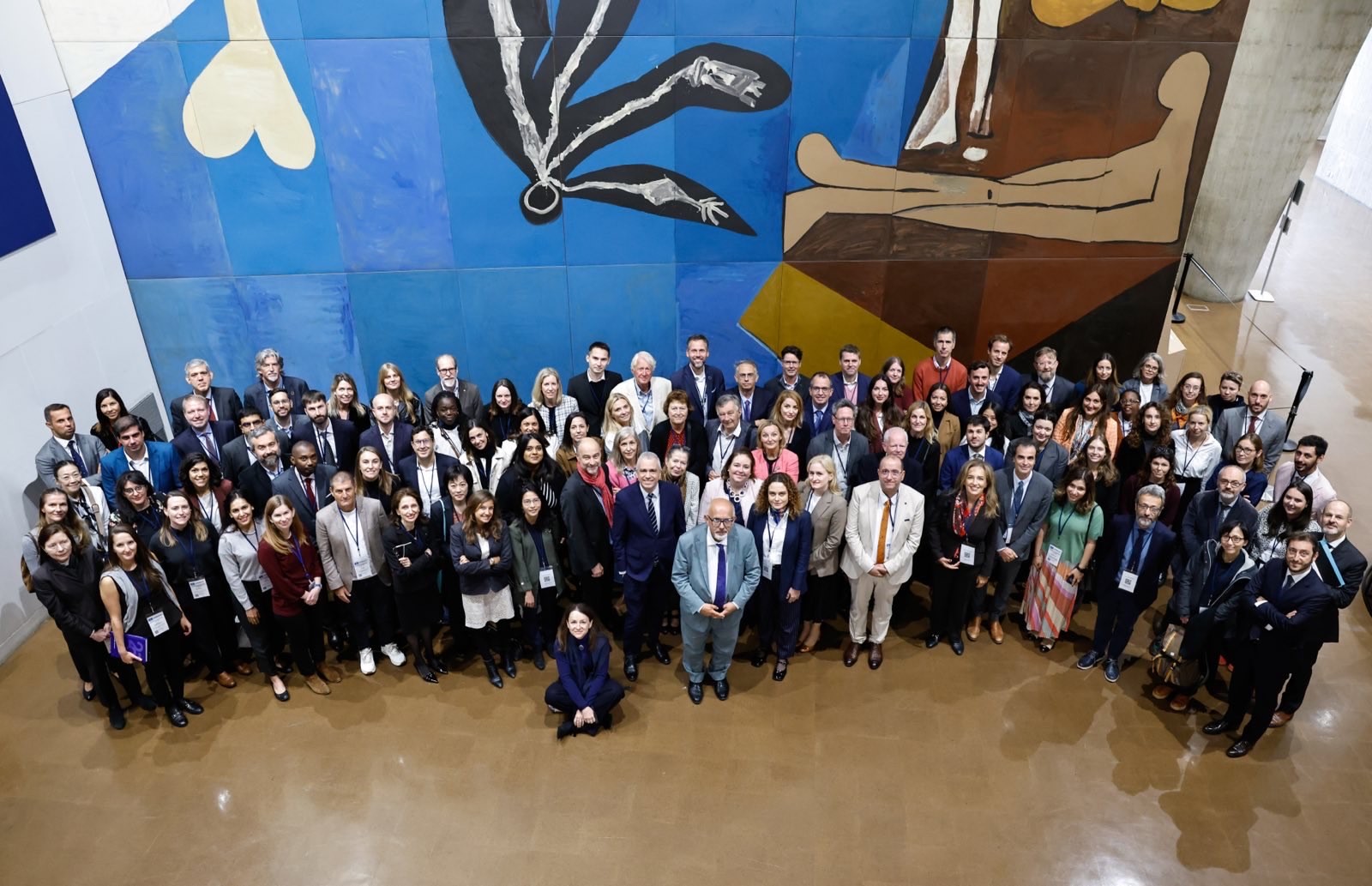Over the last two days, I have had the opportunity to participate in the International Organisations Workshop that the EDPS and UNESCO organised in Paris.
As in previous editions, it is always enriching to gain insight into the challenges faced by international organisations in the use of personal data. This is an extremely interesting field due to the complex geopolitical balances that must be considered, the need to coordinate activities involving a variety of partners during fieldwork and, in several cases, the limitations of the budget for ambitious objectives. Having worked with some of these organisations, I am familiar with the challenges they face, and I believe that an annual meeting to discuss data strategies is crucial.
I also had the pleasure of contributing to the discussion, focusing on the impact of AI on the activities of international organisations. Inspired by my colleague Viktor Mayer-Schönberger’s book Framers, I discussed the way in which we frame AI-related problems.
AI requires us to adopt a new frame when dealing with data processing. We must consider not only data protection, but also all potentially affected rights, including their collective dimension, as well as cases where these rights are impacted by the use of non-personal or anonymised data. Applications such as ChatGPT or AI-based tools for distributing aid, for example, are not just about data protection; they also have a broader societal impact that we need to fully assess and address.
When carrying out this exercise, it is important to take an approach that is consistent with both risk management logic and human rights. We did this with the UNDP by developing a concrete tool for Human Rights Impact Assessment. Methodological consistency with the human rights framework is also essential in order to combine this assessment with the DPIA, as pure mathematical models for HRIA/FRIA are incapable of handling this integration.
I would like to thank the EDPS for this invitation and Billy Hawkes (OECD) for the excellent organisation of our panel on AI and data protection in the context of international organisations, as well as the other speakers, Richard Lane (WIPO), Jennifer Trotsko (IMF) and Martin Adolph (ITU), for the interesting discussion, not to mention my cher collègue Yves Poulleet for his inspiring comments and thoughtful questions.
